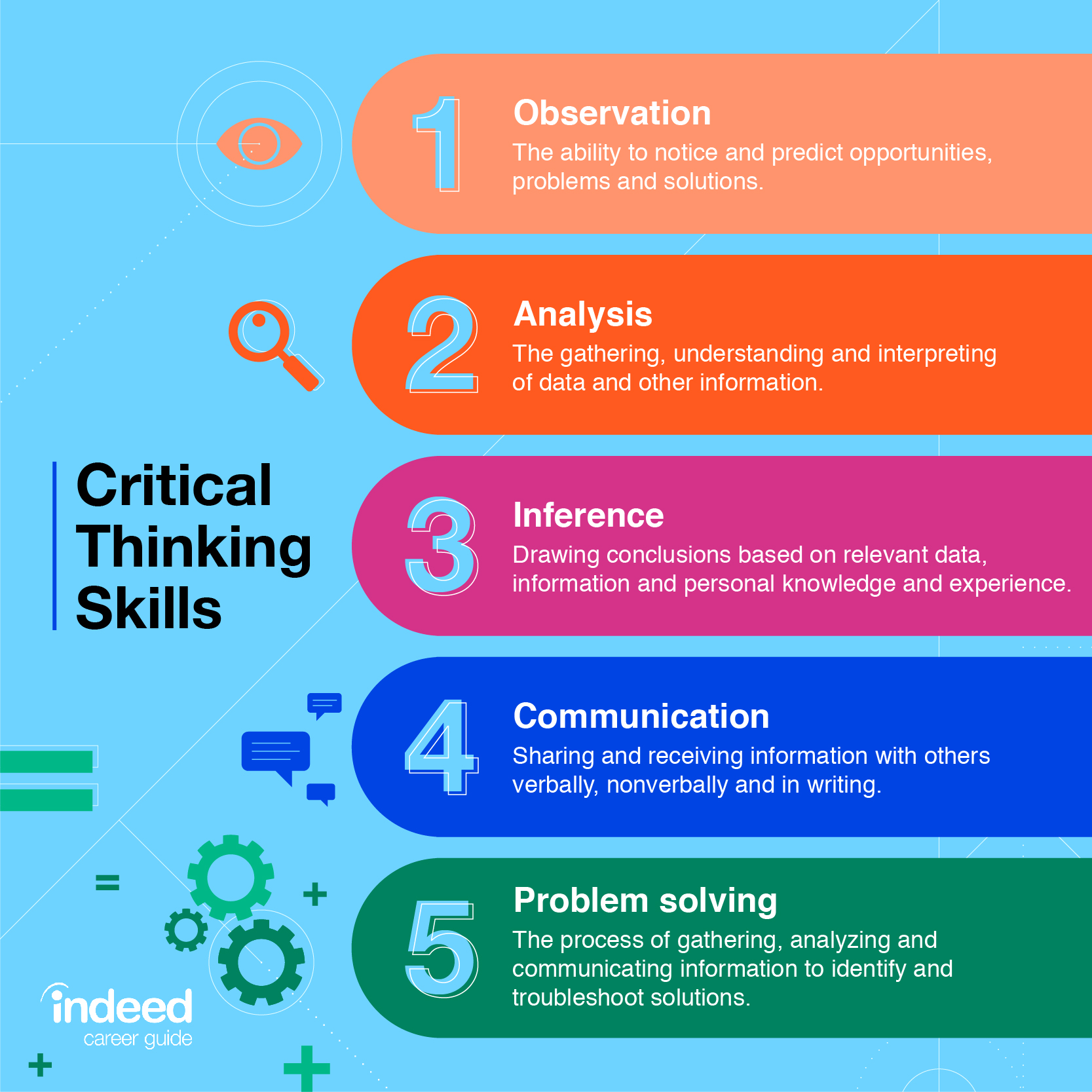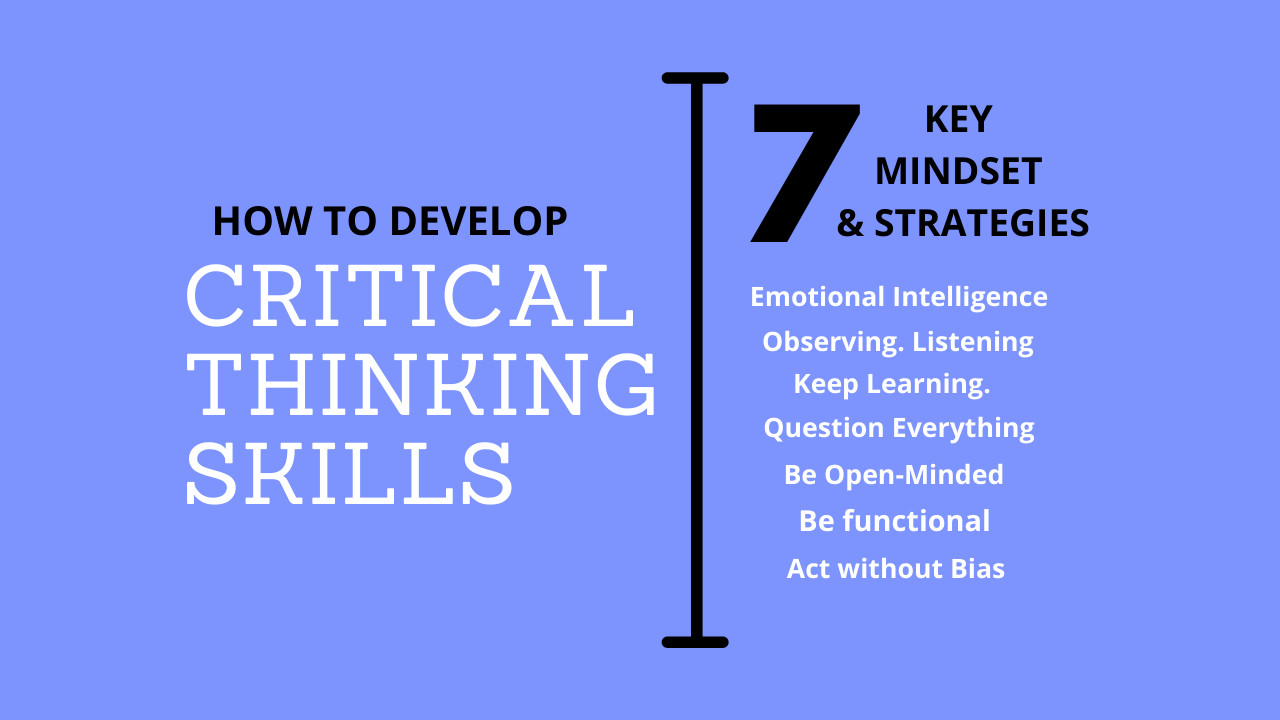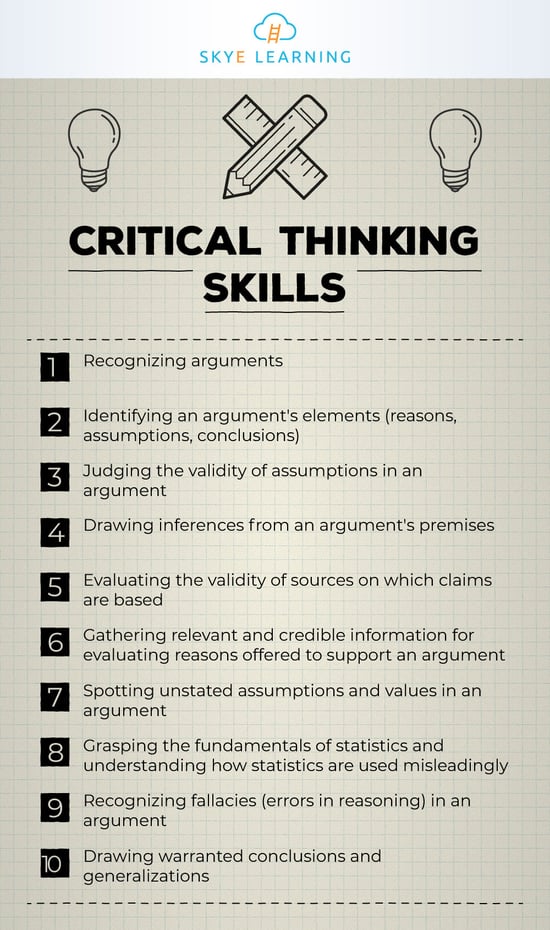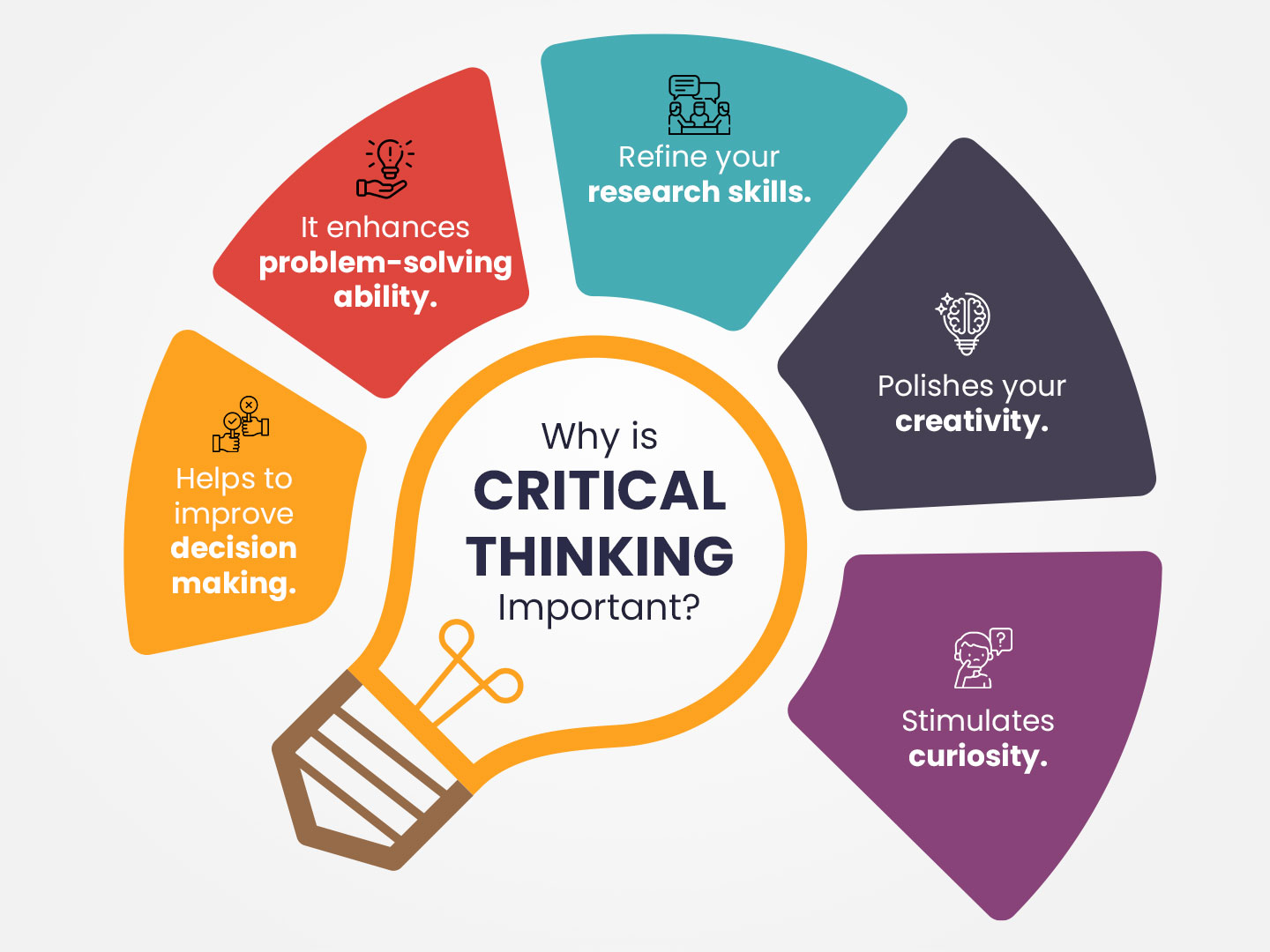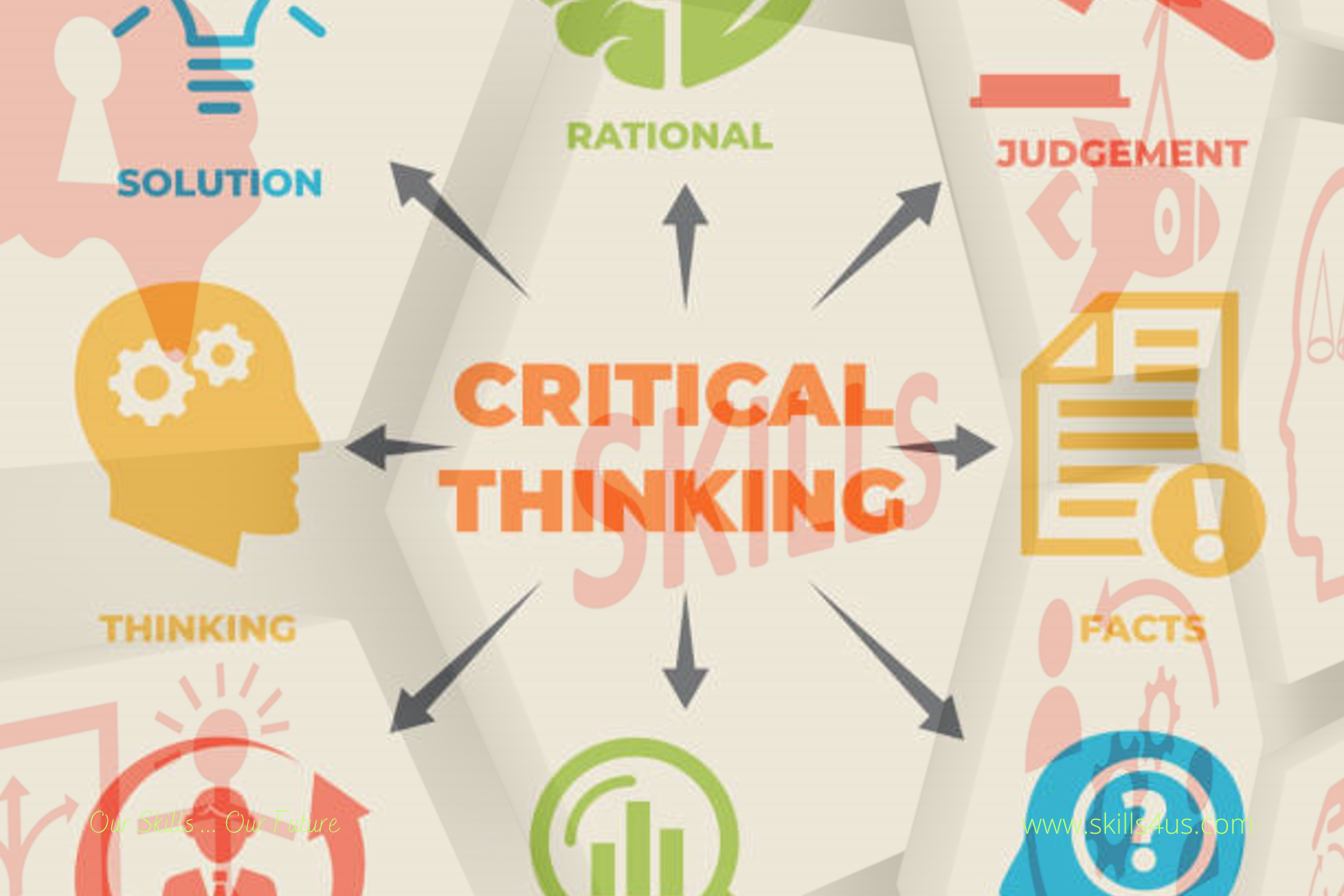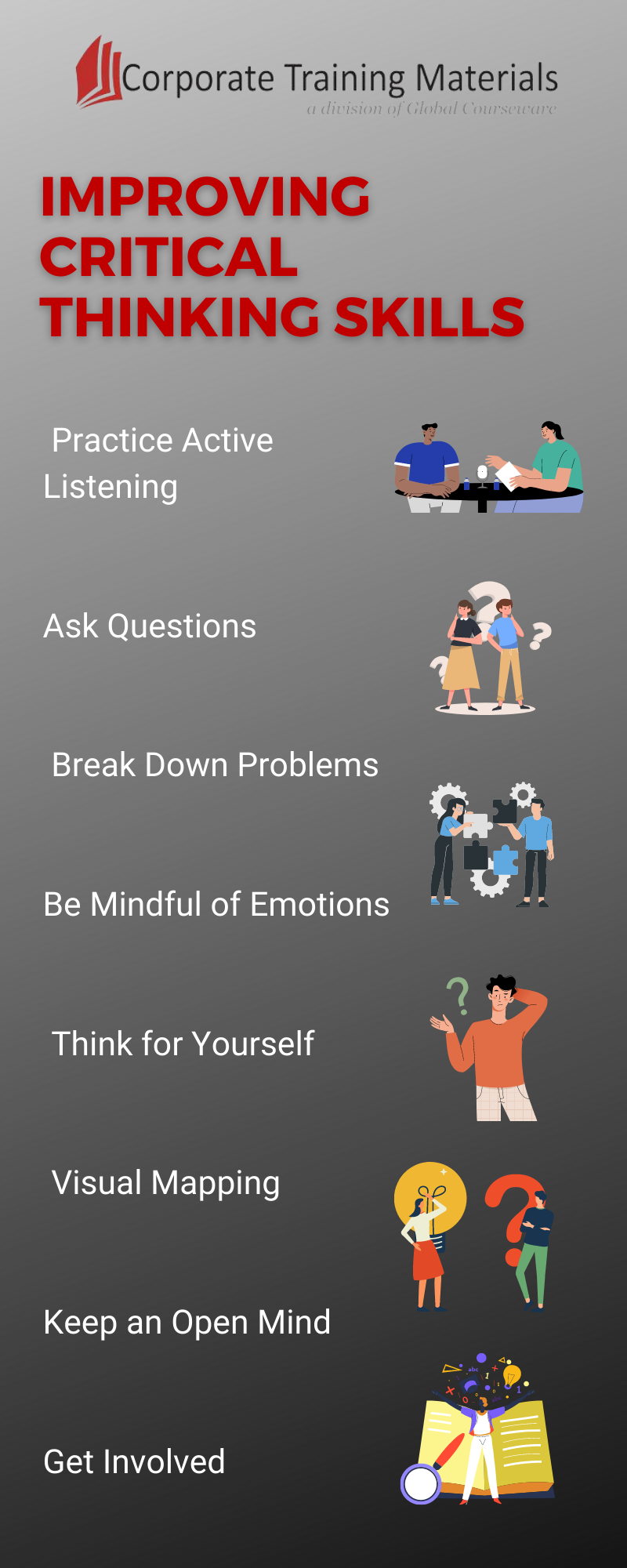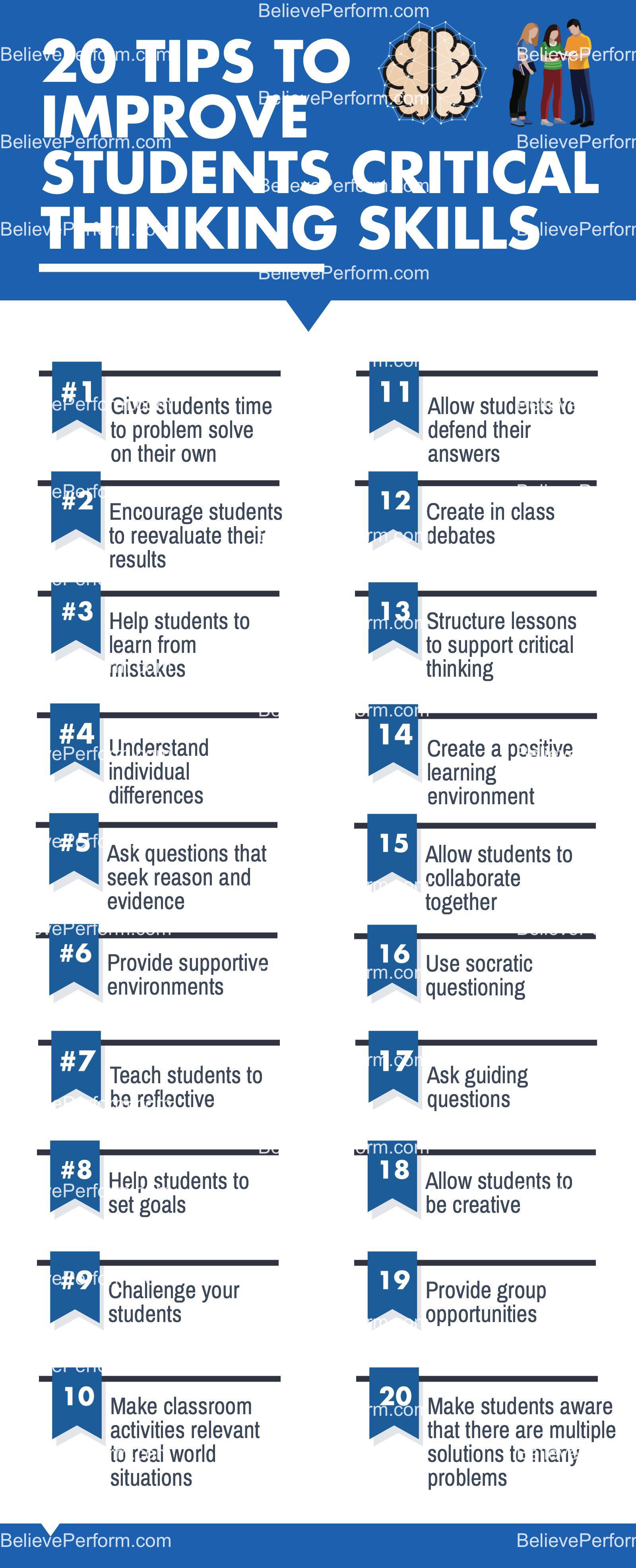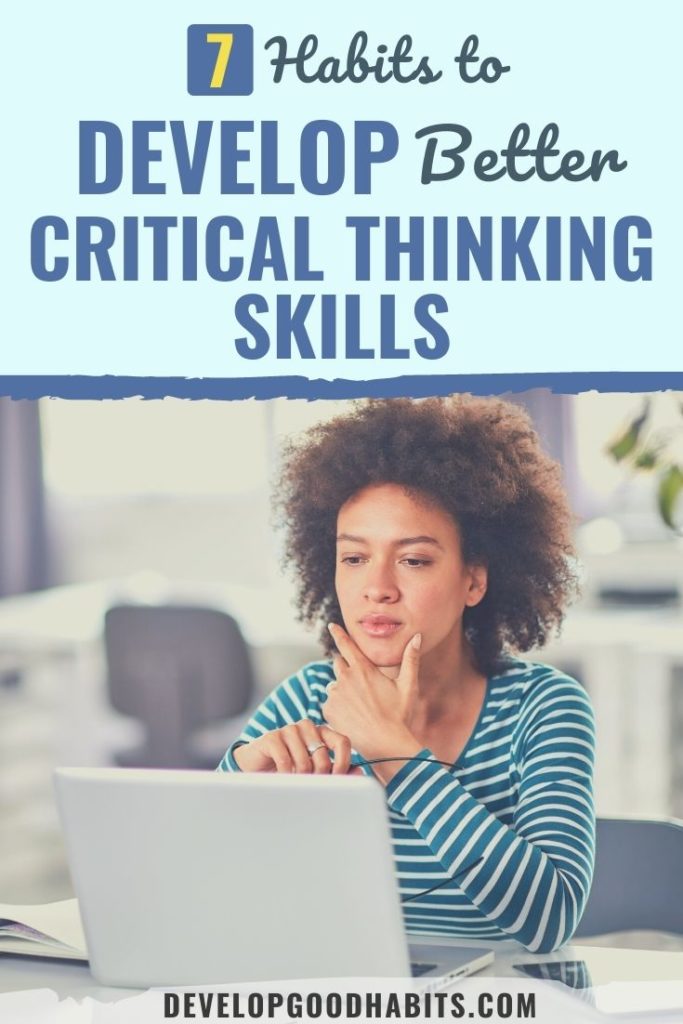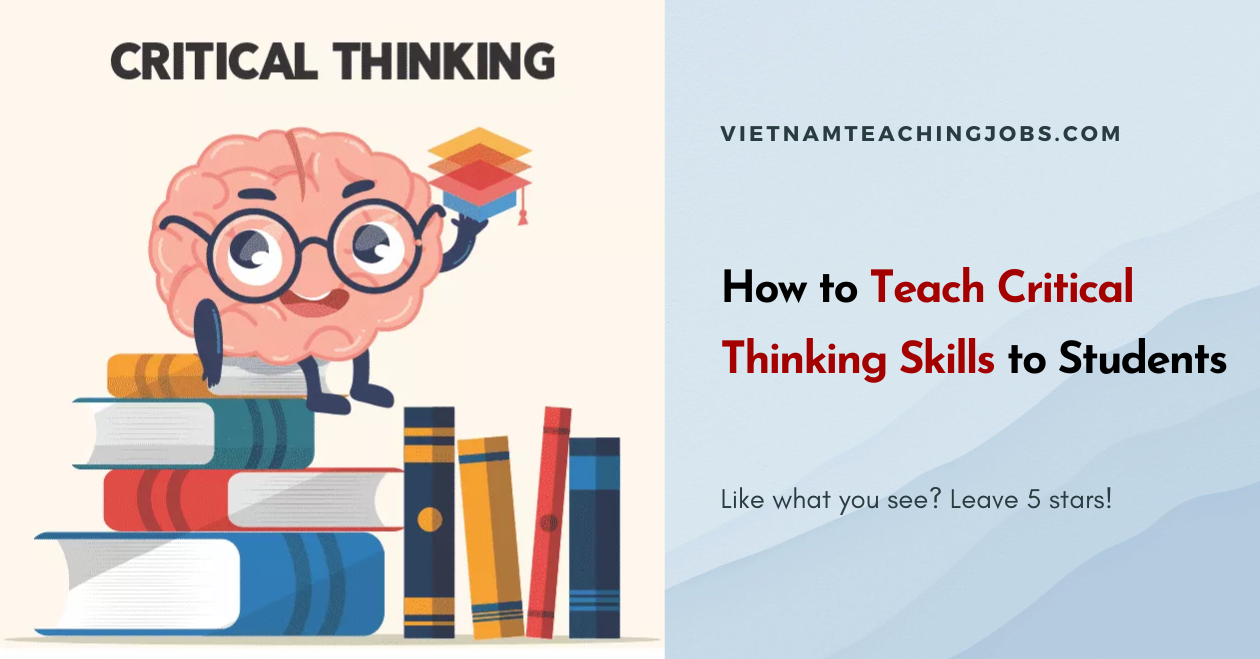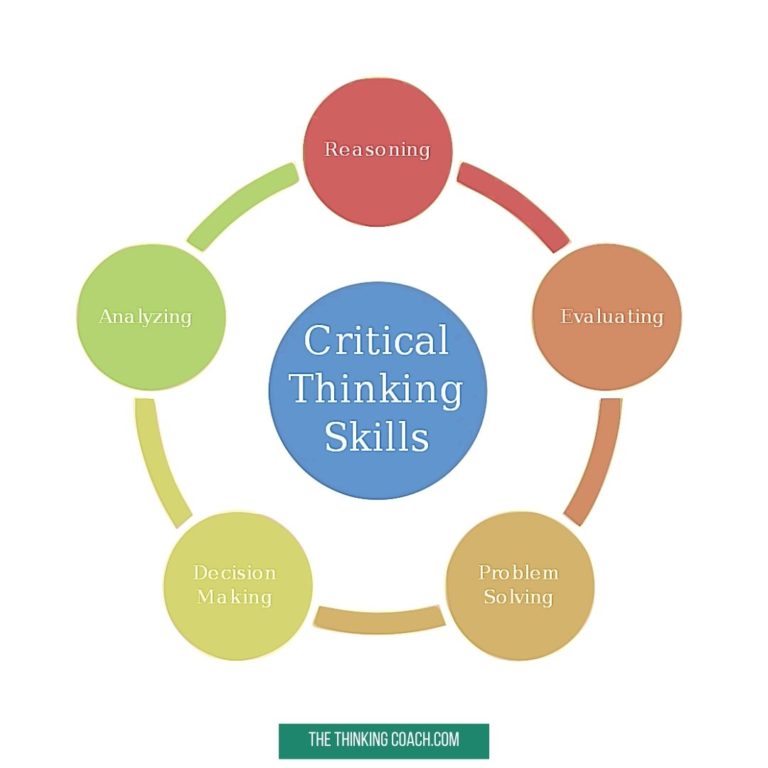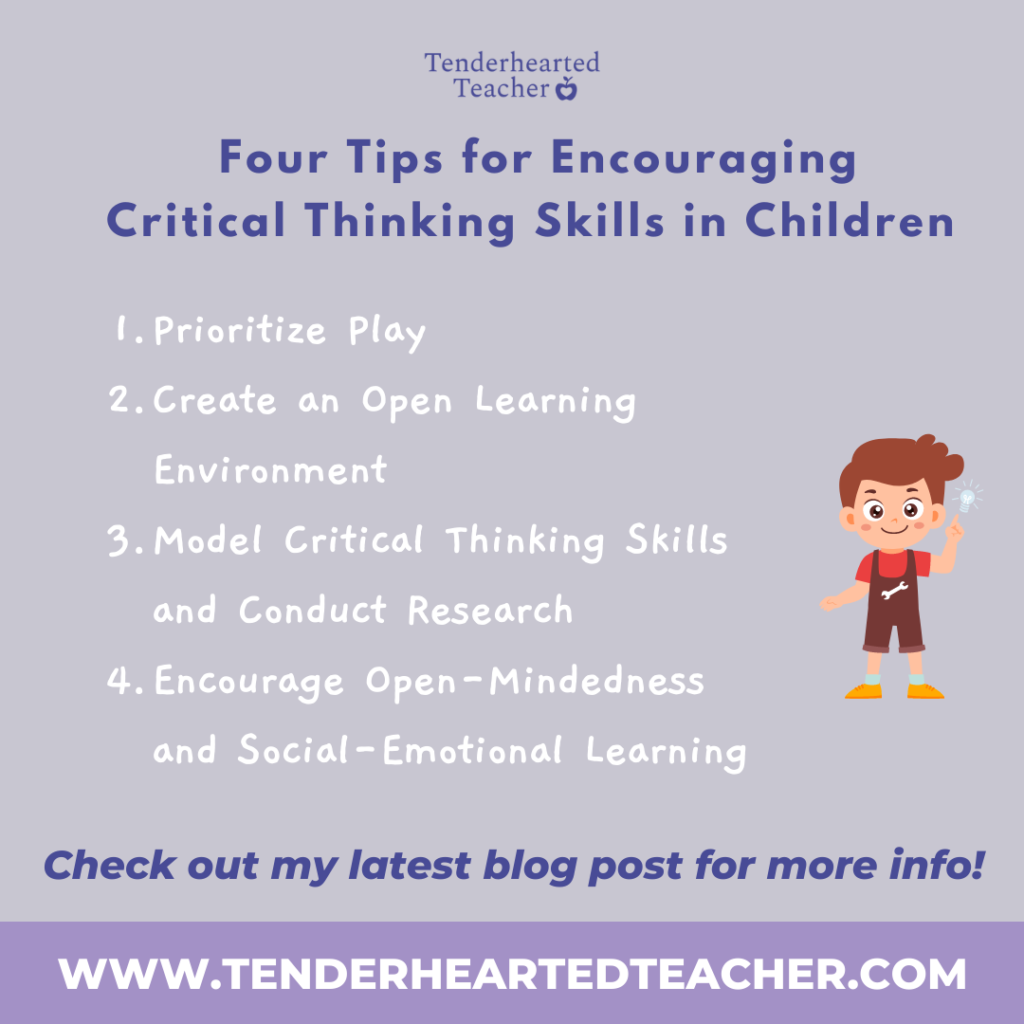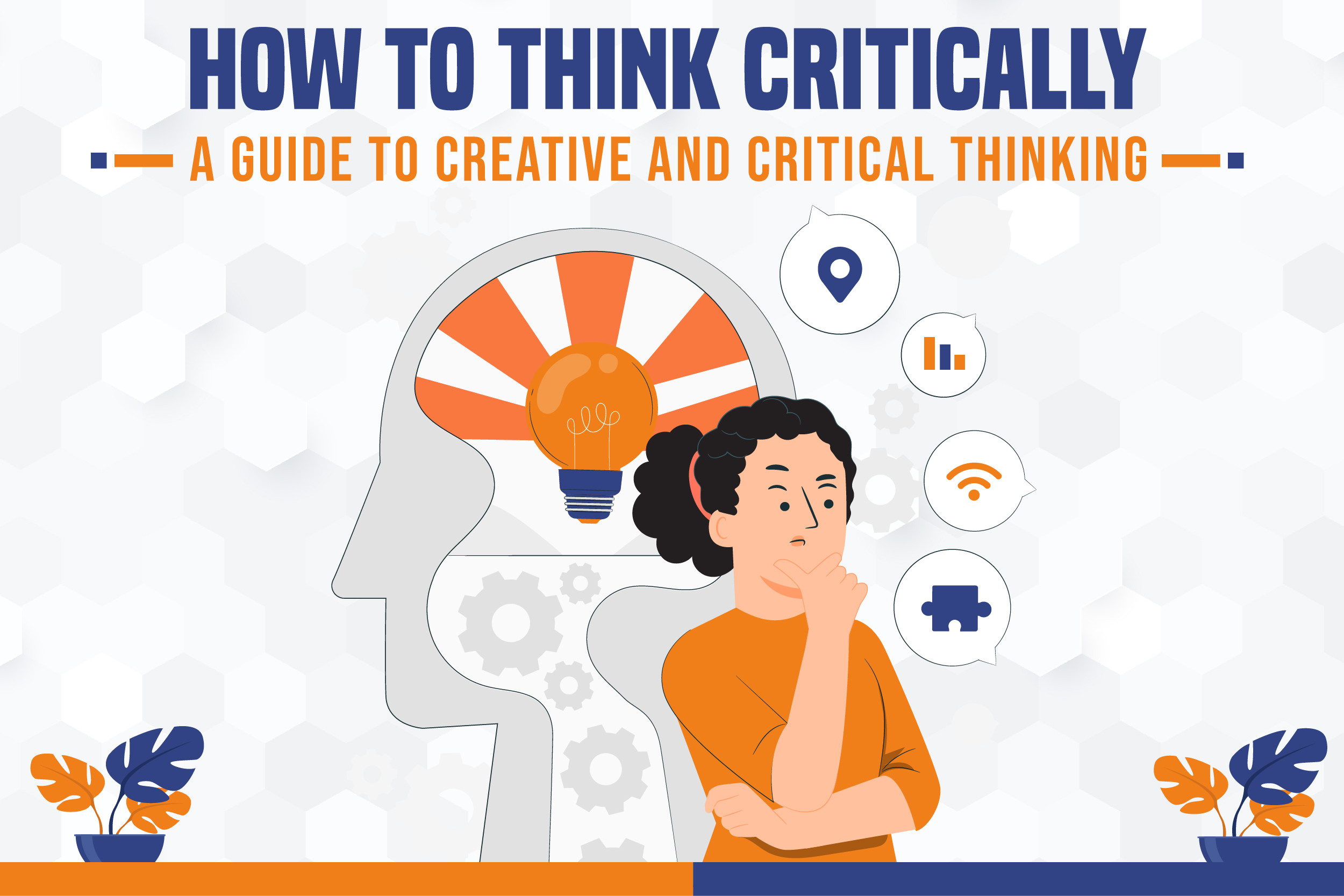How To Get Critical Thinking Skills

In an era defined by information overload and rapidly evolving challenges, the ability to think critically has become an indispensable skill for individuals and organizations alike. But critical thinking isn't an innate talent; it's a learned capability that can be honed and improved with the right strategies.
This article will explore actionable methods for developing and enhancing your critical thinking abilities, empowering you to navigate complexities, make informed decisions, and solve problems effectively. Experts emphasize that developing critical thinking is a continuous process, requiring deliberate practice and a willingness to challenge assumptions.
Understanding Critical Thinking
At its core, critical thinking involves analyzing information objectively and forming a reasoned judgment. It entails evaluating evidence, identifying biases, questioning assumptions, and considering different perspectives. It is not about simply accumulating knowledge, but about actively engaging with information.
As Dr. Linda Elder, President of the Foundation for Critical Thinking, explains, "Critical thinking is the ability to think clearly and rationally about what to do or what to believe." It's a skill applicable across all aspects of life, from personal relationships to professional endeavors.
Strategies for Cultivating Critical Thinking
Several practical strategies can be employed to foster critical thinking skills. These include actively questioning assumptions, seeking diverse perspectives, and practicing structured problem-solving techniques.
Question Assumptions
One of the most fundamental steps is to challenge your own assumptions and beliefs. Ask yourself why you hold a particular view and what evidence supports it. Be open to the possibility that your assumptions might be incorrect or incomplete.
As Peter Facione, a leading expert in critical thinking assessment, states, "Critical thinkers habitually question assumptions, looking for inconsistencies and biases." This constant questioning is crucial for uncovering hidden flaws in reasoning.
Seek Diverse Perspectives
Exposing yourself to different viewpoints is essential for broadening your understanding and avoiding groupthink. Actively seek out opinions that differ from your own, even if they make you uncomfortable.
Engage in constructive dialogue with individuals who hold opposing views, and strive to understand their reasoning. This process can reveal blind spots in your own thinking and lead to more nuanced perspectives.
Practice Structured Problem-Solving
Employing structured problem-solving techniques can help you approach complex issues in a systematic and logical manner. Frameworks like the scientific method or the design thinking process provide a roadmap for analyzing problems, generating solutions, and evaluating outcomes.
These methodologies encourage you to break down complex problems into smaller, manageable parts, facilitating a more thorough and objective analysis.
Engage in Active Reading and Writing
Reading critically involves more than just passively absorbing information. It requires actively engaging with the text, questioning the author's assumptions, and evaluating the evidence presented.
Similarly, writing critically entails articulating your thoughts clearly and logically, supporting your claims with evidence, and addressing potential counterarguments. Both reading and writing are powerful tools for sharpening your critical thinking abilities.
Play Brain Games and Puzzles
Games and puzzles that challenge your cognitive skills can also contribute to improved critical thinking. Sudoku, chess, and logic puzzles can help you develop problem-solving skills, pattern recognition, and strategic thinking.
These activities provide a fun and engaging way to exercise your brain and enhance your cognitive abilities.
The Importance of Lifelong Learning
Developing critical thinking skills is an ongoing process that requires continuous effort and self-reflection. Embrace a growth mindset and be open to learning new things and challenging your existing beliefs.
Stay informed about current events, engage in intellectual discussions, and seek out opportunities to apply your critical thinking skills in real-world situations.
"The key to developing strong critical thinking skills is consistent practice and a willingness to embrace intellectual curiosity," emphasizes Dr. Richard Paul, a renowned critical thinking scholar.
By incorporating these strategies into your daily life, you can cultivate your critical thinking abilities and become a more effective problem-solver, decision-maker, and communicator.
